Ep 23 - Dr. Michael Time On New Mindset Ingredients For Successful Entrepreneurs
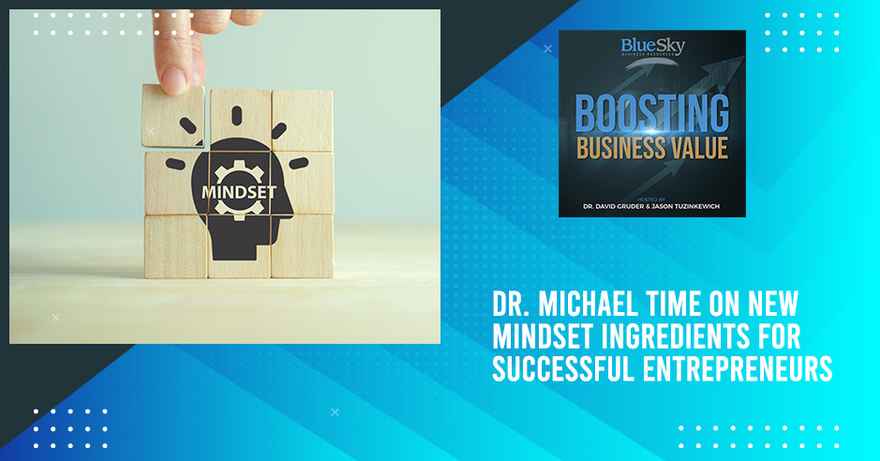
What is the entrepreneurial mindset that drives many successful entrepreneurs? There is so much value around mindset exercises in turning your mindset into a habit. In this episode, Dr. Michael Time, the CEO of TIME TALKS, discusses the importance of new mindset ingredients for successful entrepreneurs. We discuss a more useful definition of entrepreneurship than the conventional one and how to utilize this to boost your business and personal life. Dr. Time emphasizes the necessary conditions for success are not enough but also the skills we acquire through our journey. Move forward in your entrepreneurial journey today. Join this wonderful conversation with Dr. David Gruder, Jason Tuzinkewich, and Dr. Michael Time.
---
Watch the episode here
Listen to the podcast here
Dr. Michael Time On New Mindset Ingredients For Successful Entrepreneurs
An Entrepreneur Mindset That Can Boost Your Personal Life In Addition To Your Business
In keeping with our previous conversations on shifting paradigms in professional and personal environments, we're excited to welcome Dr. Michael Time to discuss the entrepreneurial mindset. For those of you who are new to the show, my name is Jason Tuzinkewich. I’m the Chief Operations Officer of Blue Sky Business Resources. I have my trustee friend and foil, Dr. David Gruder, our business lifecycle exit planning and post-acquisition psychologist for Blue Sky.
As I mentioned before, we're excited to welcome Dr. Time to the show. Dr. Time is a gentleman I met not long ago. He's been doing amazing work with people on cultivating an entrepreneurial mindset and integrating that mindset into both their success professionally as well as personal success. Dr. Time, tell us a little bit about yourself.
Thank you for having me. It's great to connect with like-mind. I come from a family of entrepreneurs. The irony is that I was never planning and pushed to be an entrepreneur. Everyone around me was an entrepreneur of some kind. Because I had a passion for helping people and science, it made sense for me to become a medical doctor and embark on that journey. Whenever I did engage in entrepreneurial activities, it was always a hobby. No different than when you're young and you might play sports or video games. Entrepreneurship was my version of video games in addition to playing video games. For example, in middle school, I had a bubblegum business for fun. I sold bubblegum in seventh and eighth grade.
That was a very educational experience for me. I learned a lot at a good time. When I got to Brown University as an undergrad, I became close friends with one of the most esteemed professors in Brown's history, Professor Barrett Hazeltine, who had a tremendous impact on me personally and professionally in so many ways. I took his Entrepreneurship classes. I spent time with him as much time out of the classroom as in the classroom. I learned so much from him, and he's been an inspiration to me for many years. As I navigated through the medical world, I always went back to entrepreneurship as a labor of love, something I’m passionate about, and something to share with other people to give them the opportunity to experience the journey of an entrepreneur.
I started a nonprofit foundation, a 501(c)(3) years ago. It was incubated out of Brown University with the support and inspiration of Professor Hazeltine. Once I gave birth to it, I got it to a certain point. I handed it off to a trusted partner. In 2020, I was working in the pharmaceutical industry as a medical doctor subject matter expert helping with various aspects of medical education, messaging, marketing, and different things that may require medical expertise in communicating certain aspects of various drugs and treatments.
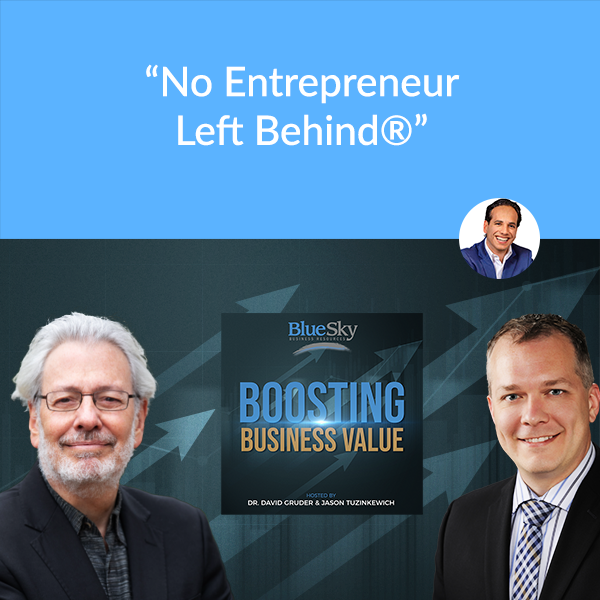
It was rewarding, but I wasn't fulfilled doing it. I was comfortable. I had great upward mobility as a career. I was using my education. It checked off all the boxes, but there was this gut feeling that I was supposed to be doing something else with my life. I finally got the courage and inspiration to walk away from my medical career in the pharmaceutical industry and commit my life to the nonprofit that I had started years ago. I decided to make it my life mission. One thing led to the next, and here we are now.
It's a great story about your origins. You have a somewhat different perspective on entrepreneurship. Part of your purpose among other things is to help redefine what entrepreneurship is.
That's been a part of the evolution. When I started teaching traditional entrepreneurship, the goal was to empower people to declare their own 4th of July, this declaration of freedom, autonomy, I’m the master of my destiny, and so on and so forth. I noticed that the journey of an entrepreneur is so challenging and oftentimes underestimated how hard it is. Off the top of my head, I don't know of one entrepreneur who would say, “I knew exactly what I was signing up for.” All the entrepreneurs that I’ve met in my lifetime, not to say there isn't someone that maybe had a different experience, but I don't know anyone that went into it and completely had no idea what they were signing up for.
One adventure leads to another and leads to another. It keeps growing. Looking back, you're like, “I didn't sign up for this exactly.” It's a beautiful ride, but it's different than what all of us entrepreneurs envisioned when we started. Knowing how hard it was, I had to first prepare people for that journey. It wouldn't be responsible of me to throw people into the life of an entrepreneur without the tools. The analogy I like to use is that if you decide to do someone a favor and help them get drafted into the NFL tomorrow, I’m not sure that's much of a favor because you have to be prepared to play in the NFL. Entrepreneurship for me is very similar.
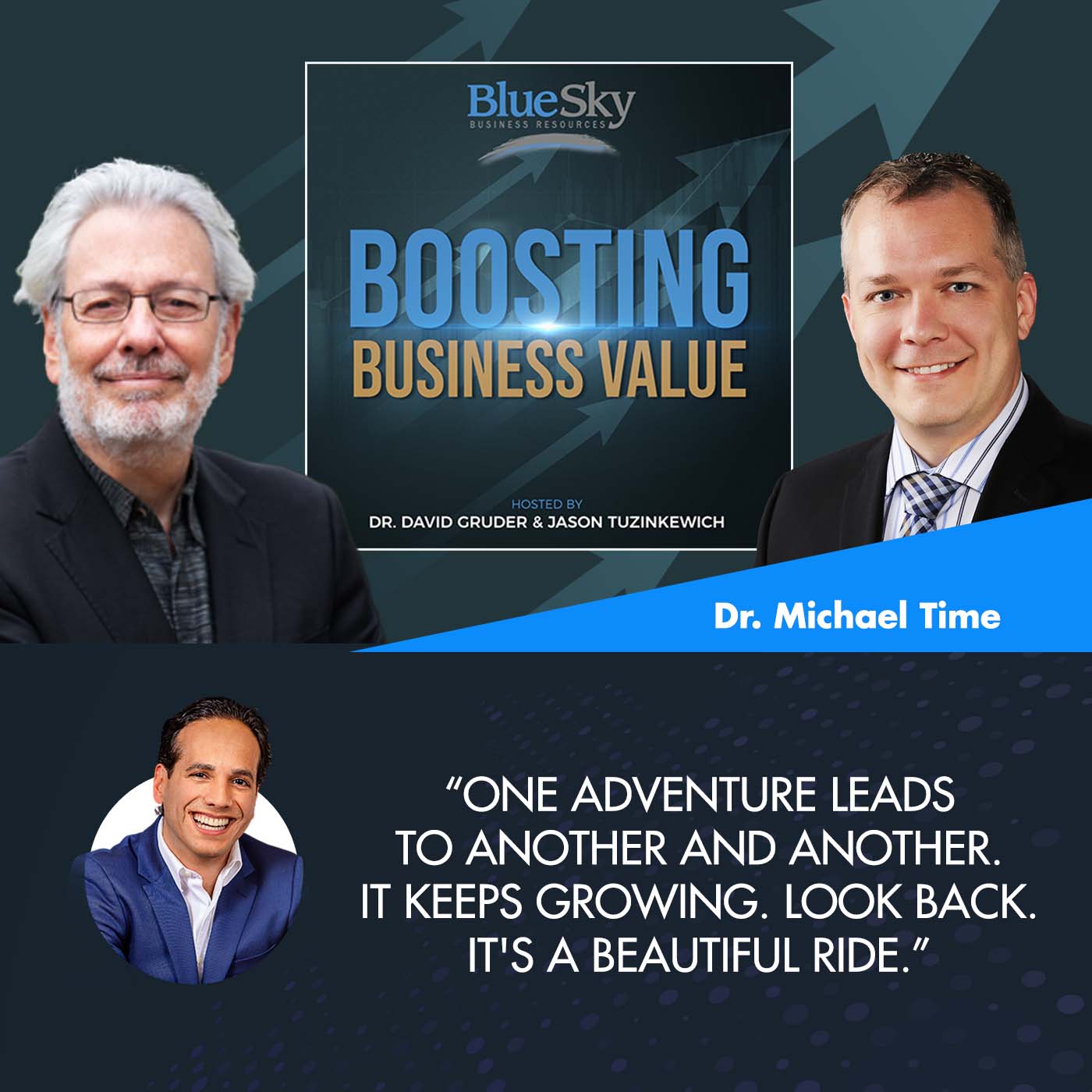
It takes a lot. I had to prepare people for this so-called entrepreneurship world that's similar to professional sports. I had to step back. First, give people the mindset of an entrepreneur and define it. What is this entrepreneur mindset? When you think about it, what are the traits and qualities you need to be an entrepreneur? You need to be dynamic, creative, and resourceful. You need to be a problem solver and a critical thinker. You need perseverance and courage. There's risk-taking. There are all these things that go into it that you don't think about. You may do it intuitively, but when you think about everything you need to be successful as an entrepreneur and to have this mindset, you realize, “These are all the same things I need to succeed in life.”
When you prepare to be an entrepreneur and gain this entrepreneur mindset, you're gaining these transferable life skills that can apply to so many other areas of life. I went from teaching traditional entrepreneurship to teaching the mindset of an entrepreneur and life and the transferable life skills that go with it through the lens of entrepreneurship. That has led me to redefine entrepreneurship. It's no longer about starting a business. It's about thinking and acting like an entrepreneur and applying that approach or mindset to different aspects of life, whether you're a doctor, a lawyer, a social worker, an athlete, or a stay-at-home parent. Whatever you do in life, if you embrace this entrepreneurial mindset, you will be better at that.
When you prepare to be an entrepreneur and gain this entrepreneur mindset, you gain these transferable life skills that can apply to many other areas of life.
That's great. I’m going to share this briefly because I’d like your impression of it. My framing for that in training entrepreneurs myself is that the top three most demanding personal development paths that exist are primary relationships, parenting, and entrepreneurship. That entrepreneurship grows us. It's a powerful self-development path. It's not like, “I’m going to be an entrepreneur and maybe along the way, I’ll grow.” No. It is a growth path around which we get to build a business.
I couldn't agree more. When I speak to groups, I tell them from the beginning. Let's say I’m speaking to a group of 1,000 people, and I’ll tell them, “All of you can start a business now and all of you fail. I will still say to each and every one of you congratulations.” What you have gained in that process personally and professionally, the mindset, resilience, courage, creativity, innovation, everything that you think was a waste, “My business didn't succeed. I had to close my business.”
No, those are skills you'll take with you to other aspects of your life. A lot of people miss that. They see it as black or white like entrepreneurship means starting a business and success means your business grows and thrives. That's it. That's part of my redefining of entrepreneurship. It's the journey. It's not the outcome. When you look at it from that perspective, you're setting up the game to win no matter what.
We're very aligned on that. I know you are aligned on that too, Jason.
I love what I’m hearing. This is this type of mindset and this conversation is very similar to the introductory conversation that I had with Dr. Time, which is why I was so eager to bring him onto our show. Doctor, we've talked in past episodes about this concept of learned helplessness and needing to overcome that in order to be in control of your destiny, your team, and your environment. It sounds like a lot of the same thing.
I love that comment that you made at the beginning of this creating your own declaration of independence. That's super powerful. The thing that we haven't touched on yet with your organization, Time Talks, is you take this mindset and mentality to a broad swath of demographics and help them analyze their own personal growth through these time talks. Tell us a little bit about your experience in your work with these different groups.
There are two broad categories. One is the philanthropy and the humanitarian work. Most organizations and nonprofits that have a social mission usually pick a lane rightfully so. Let's say your lane is veterans, youth, minorities, and immigrants. In any of these groups, the need is infinite. You can serve the veteran community infinitely, the diction community, and returning citizens, people who are coming out of incarceration. We decided early on that we would try our best to be the personification of the American Constitution and say no to no one instead of saying, “We're going to help these veterans, but then if there's an addiction group, maybe we can't help them.” We didn't want to make those types of decisions.
In the past few years, I’ve had the privilege of working with nonprofits and government agencies to serve youth, adults, minorities, addiction centers, jails, veterans, immigrant groups, and women's groups. Whoever needs an extra helping hand in life, we're here to serve them. That's the philanthropy and the humanitarian aspect of what I do. That was my inspiration for leaving my medical pharmaceutical career. It was to contribute to society. When I pivoted from traditional entrepreneurship to this entrepreneurial mindset, I noticed that the people I was teaching this mindset to we're benefiting in so many ways unrelated to their entrepreneurial journey. They were becoming better employees at work, better parents, better athletes, better chefs, you name it.
I was like, “They're gaining as much, if not more, outside of the traditional entrepreneurship ecosystem than they are gaining within traditional entrepreneurship.” The work expanded to partnering with organizations to help their employees or members of their organization think like entrepreneurs. The most impactful people in any organization, environment, or ecosystem are the ones who have that entrepreneurial mindset, whether you work at a Fortune 500 company, restaurant, or hospital. Whatever you do, when you have this mindset, you become more impactful and effective at it.

The second aspect of our business is helping corporations, Fortune 500 companies, government agencies, and even some of the larger nonprofits that have quite a number of employees. We’re helping them with employee engagement, employee culture, retention, inspiration, and things of that nature. Those are the two aspects of the business, either we're helping corporations and organizations grow and nurture their talent or we're serving the community through various humanitarian missions.
I love it. That's brilliant.
I wish I could tell you that I had this planned out from the beginning. I didn't. It was one pivot that led to another and so on. I never thought in a million years that I’d be working with these large companies and helping them essentially change their workforce, thinking, psychology, and culture. Being a change agent for these large organizations, I never thought in a million years I’d be doing that. However, it was the entrepreneurial journey that I went through trying to bring entrepreneurship to these underserved groups that led me to have this epiphany. That epiphany allowed us to broaden the scope of our impact and work. Also, the work we do for these large organizations in terms of employee initiatives using that to help fund the nonprofit work.
I refer to that as the Indiana Jones School of Entrepreneurship referring back to the original Indiana Jones movie Raiders of the Lost Ark. There's this scene where all hell has broken loose, and all of Indiana Jones' pals are huddled around him. He's in the middle of the circle of them and they're panicked out of their minds. They're screaming at him, “Indie, what do we do?” He finally blurts out in mock anger and says, “How should I know? I’m making it up as I go.”
That's the entrepreneurial mindset. It's that adaptability, agility, and resilience to be in an environment like that for sustained periods. That's part of the mindset and the magic when you teach people that. I’ve seen things that to this day, I look back, I’m surprised that we achieved those outcomes.
It’s always having one eye on the environment. It's one thing to be laser-focused on the success of what you're trying to achieve, but having that awareness to say, “This isn't getting us where we want to be, but I’m getting this positive result over here. Let's pursue that a little bit more too.”
I interject a question here. One of my sound bites is that entrepreneurs build businesses at the level of their self-development limitations despite their highest intentions. What are some of the most common self-development limitations that you've encountered with the entrepreneurs that you've worked with?
I would say confidence is part of it than believing in themselves. That's one challenge. The other is dealing with adversity. That's another challenge. Also, optimism and seeing things. One of the things that I teach in my talks as well as the training is life doesn't happen to you. It happens for you. It takes tremendous faith and imagination to truly believe and feel that. Not think it. It's not an academic exercise, but to feel and believe that this thing that's happening to figure out why it's happening to your benefit. Why should you be grateful for this thing that on the surface looks negative? One of the paradigm shifts that I try to teach people is to see that opportunity. A quote comes to mind.
Life doesn't happen to you. It happens for you. It takes tremendous faith and imagination to believe and feel it's happening.
“Every seed of adversity, struggle, challenge, and difficulty carries with it an equal or greater sea of opportunity.” I’m paraphrasing the quote, but essentially, if you have 10 units of adversity or challenge, then you have at least 10 or greater units of benefit hidden within that but it takes creativity, faith, imagination, resilience, and persistence to extract the nutrients from that experience. Now I’m putting on my doctor’s hat to get the vitamin C and the vitamins from that supposedly bad experience. We all have this in life.
>
We look back on some of the worst times in our lives, and we think of some of those experiences. We can look back and say, “I am grateful that happened because that led to this, which led to this.” At that moment, you don't see and feel it. No one can convince you of it. It's pure bad. These are some of the thought processes that I have to change whenever I either do a one-time speaking engagement or a series.
I agree with you. I have an acronym, AFGO. I’ll give you the sanitized version for this show. AFGO stands for Another Frigging Growth Opportunity. It speaks to the heart of the issue of resilience, and more than just resilience. What you're speaking to is a skillset that entrepreneurs do need to develop. It is, as you say, completely transferable to all parts of our lives, which I refer to as harvesting, which is gathering gifts of great value from undesired and even unacceptable life experiences.
That's a beautiful way of summarizing it. That's spot on.
One of the things that I like about these mindset exercises and this mindset work is that these can become habits. In some of my circles of friends, I get teased for being a silver lining guy because whenever anything bad is happening, my first instinct by training is, “Where's the silver lining? What's the good that can be found in this?” The second thing is to ask, “What have I learned?” This mindset work that you're talking about is powerful because, as you work on it, it grows stronger and becomes a part of your character.
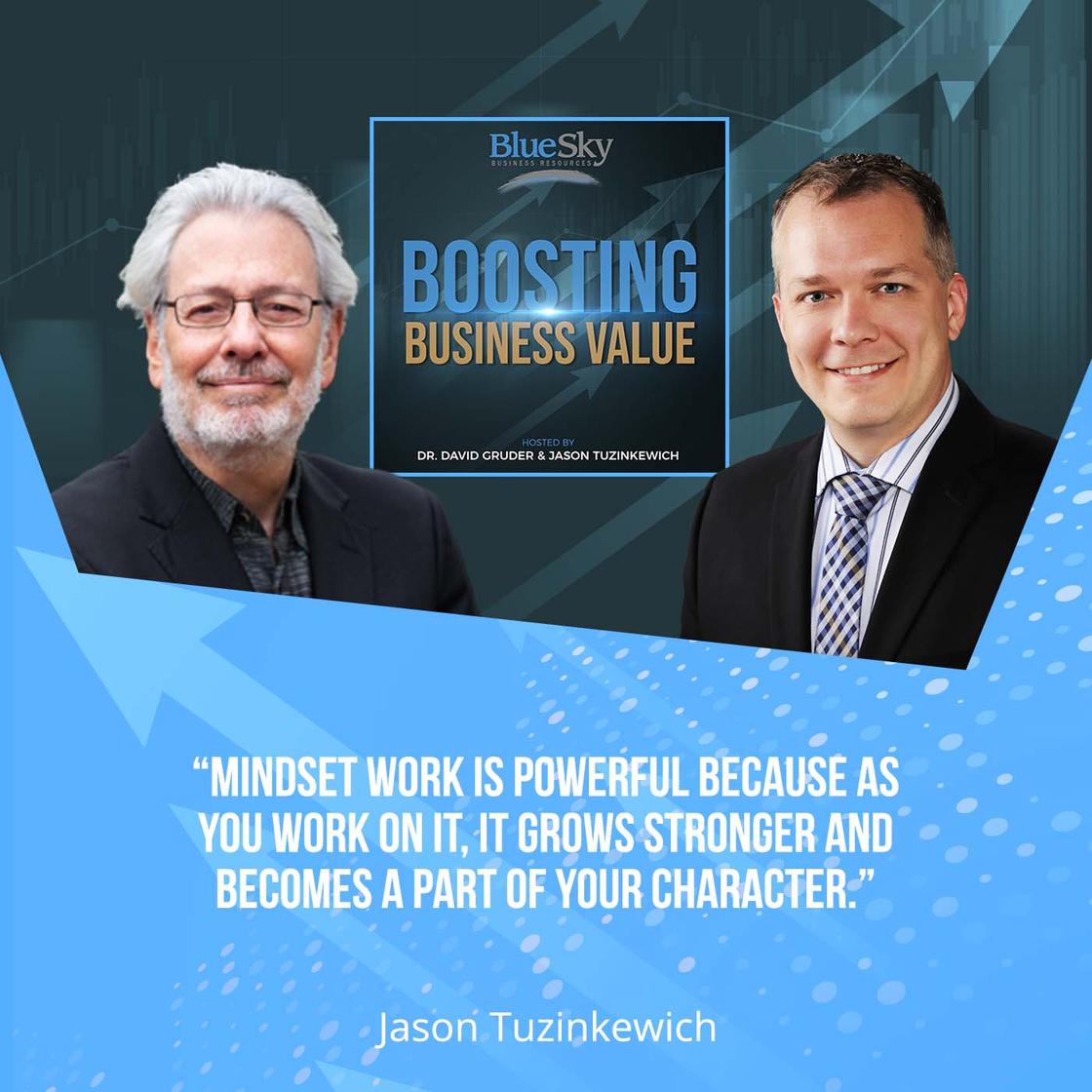
It becomes a habit. I give you examples. I was doing something for a Marriott Hotel. After one of my talks, I was getting ready to leave the lobby. The lobby door is to my left and two of the employees that were in my talk were on the right. I went up to them and thanked them for being great students, engaged, participating, and doing their homework. They were great students. I was thanking them for that level of dedication and how that makes it more rewarding for everyone. That's participating in those talks. They said something to me that I’ll never forget. They said, “Dr. Time, the inspiration, hope, wisdom, and everything you give us to do better here at Marriott, we take it home and use it even more in our personal lives, which is why we're happier here.”
At that moment, I had an epiphany because in my mind, whenever I’m serving the people, I’m used to doing it through a nonprofit, a government agency, a church, or something that. In my mind, I guess I was a little distracted because they're part of the Marriott and they have a billion-dollar logo on their chest. That doesn't mean they're not the people. Even though I was there for the purpose of helping the Marriott Hotel do better, without even trying, I was giving them tools and resources that they were taking home and using even more at home.
The side effect was they were better at work, happier, more productive, and engaged, and all these metrics changed. I’m constantly coming across these stories and situations where people are benefiting in ways that I never thought they would. Eventually, I started tracking all of this. It's so many stories and case studies. Sharing it with you guys, it would be great one day to sit down and analyze it and figure out how to package it in ways to multiply.
That's crucial. I think you're bringing up a very important point because inspiration, motivation, and mindset are necessary conditions for successful entrepreneurship, but not sufficient conditions for entrepreneurial success. What you are alluding to is that you are not stopping at mindset, inspiration, or motivation. You're moving beyond that into skillsets. The people that you are impacting are reporting back to you that they're taking into all parts of their lives, including at home, and those skills are helping them throughout every part of their lives.

When I do a series of speaking engagements and talks, I spread out the course. We have an entrepreneurship course that's all about the entrepreneur mindset. However, it weaves in traditional entrepreneurial principles such as lean methodology, design thinking, minimum viable product, pivots, and all these exciting things that you learn when you take an entrepreneurship class or read an entrepreneurship book. We've made it applicable to life and people's jobs. The goal is no longer about starting a business. People can still take that inspiration, the soft skills, and the hard skills, and apply it to traditional entrepreneurship and start a business. My first goal is to empower them with those tools and let them do what they're inspired to do with those tools.
People can still take that inspiration, the soft and hard skills, and apply it to traditional entrepreneurship and start a business.
For our audience who want to learn more about what you're doing, your nonprofit, and things like that, where can they find out more about you?
TimeTalks.org. Thank you for having me. This has been a great experience and I love the work that you're doing, which is bringing this to more people. There aren't enough of us to do this great mission of promoting entrepreneurial thinking, mindset psychology, and the tools that can be used in so many areas of life.
Before I sign us off, I want to make sure that each of us has an opportunity to briefly say what the takeaways are that we would like our audience to walk away with from this episode. Dr. Time, would you like to start with what you think are the most important takeaways? We'll then turn it over to you, Jason.
I think one takeaway is for viewers to redefine entrepreneurship. It's no longer about starting a business. It's about a way of thinking. The next takeaway is to take that way of thinking, that mindset, and apply it to other areas of life. Allow it to make you a better parent, employee, or anything. Those are the takeaways that I would like to emphasize.
>
Thank you. How about you, Jason?
The thing that strikes me is bringing this up all together with the general underlying themes of our show. When we talk to business owners about preparing to exit their business, one of the things we teach them is to shift from thinking of their business as an operation to thinking of their business as an investment. What you are teaching people to do is to think of themselves as a business and treat that business as you would a good investment. I love the way that you're bringing this whole thing together into a very personally focused mindset to help people be empowered. As you said, declare independence from the social shackles that have restrained them, be empowered to grow their business of themselves, and invest in that capital that they have as individuals.
There's so much to go through but you reminded me of what I share in my talks, which is, “Be the CEO of your life, your job, and your family. You take that mindset, apply it to these other areas, and start thinking and acting differently.”

Do you have any other closing thoughts, Jason, before I share my takeaway and then close us out?
I’ve got to say I’m super grateful for you being on the episode with us, Dr. Time. It’s great to get to know you. I love what you're doing, and I hope that our audience will be reaching out to you.
The big takeaway for me that I want to reinforce, and both of you have said it as well in your own ways, is to not think of entrepreneurship as entrepreneurship, but think of entrepreneurship as a development path. It’s because being an entrepreneur develops you as you develop your business. With that, on behalf of Dr. Time and my wonderful co-host, Jason Tuzinkewich, and myself, we thank you for tuning into this episode. We invite you to click the subscribe button so you can be notified immediately when we release future episodes.
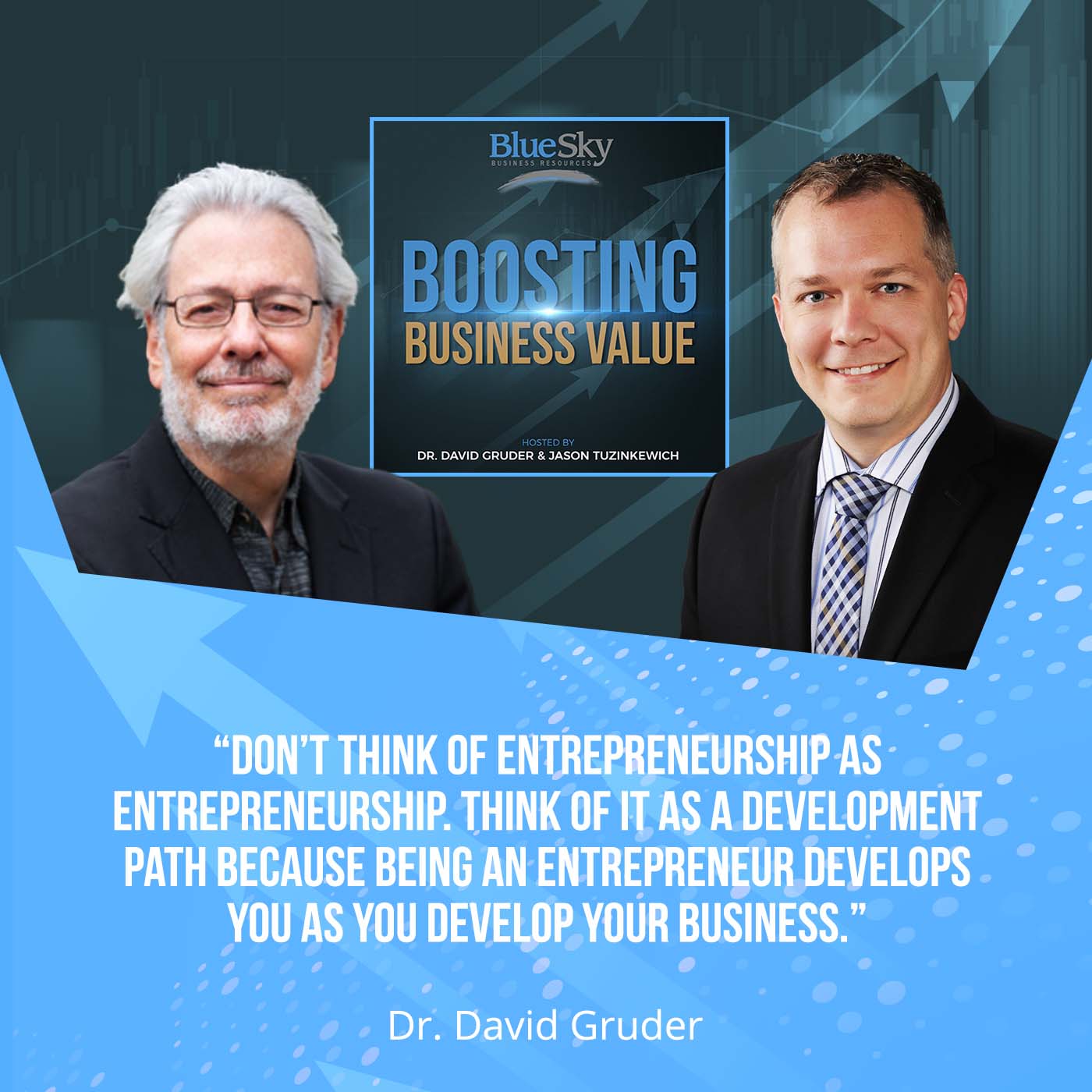
We also look forward to reading your thoughts, questions, topics, suggestions, and other requests in the comments section at the bottom of each episode's page because it's your requests that are the most interesting to us to formulate episodes around. Lastly, we want to invite you to take advantage of Blue Sky Business Resources’ free surveys for gauging your business health more accurately than you might otherwise know how to do. Don't be fooled by the fact that they're free because the value of those assessments and surveys is priceless. Each includes real-time feedback and recommendations. To access those, visit BlueSkyAdvisors.net and get started.
Important Links
About Dr. Michael Time, MD
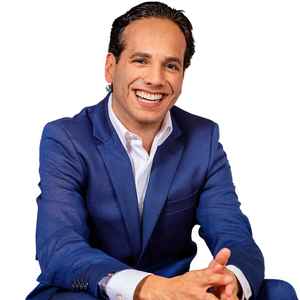 Michael Time, M.D. is an educator, entrepreneur, philanthropist, physician, Brown University alumnus, and CEO of TIME TALKS and the Honor Loan® Entrepreneurship Program.
Michael Time, M.D. is an educator, entrepreneur, philanthropist, physician, Brown University alumnus, and CEO of TIME TALKS and the Honor Loan® Entrepreneurship Program.
Dr. Time was born into a family of entrepreneurs. Given his passion for helping people, he embarked on the journey of becoming a medical doctor while always maintaining his enthusiasm for entrepreneurship to empower people and change lives. While a student at Brown University, he met the esteemed entrepreneurship professor Barrett Hazeltine, Ph.D., and nurtured a close relationship that led to incubating the Honor Loan® Entrepreneurship Program at Brown University.
What started as a labor of love and an outlet for his enthusiasm has become a full-time and lifetime endeavor for Dr. Time through TIME TALKS, a nonprofit foundation, and a positive social movement apparel brand that supports the American Dream.
News coverage of this inspiring journey has included CBS and NBC television and the United States Chamber of Commerce.
Through TIME TALKS, Dr. Time teaches the entrepreneurial mindset to inspire, empower, and transform people and organizations.
As a change agent for a multitude of organizations and industries, Dr. Time’s Minister of Entrepreneurship™ speaking series inspires and teaches people how to think like entrepreneurs in all areas of life, thus empowering them to be the best version of themselves.
Dr. Time's nonprofit initiatives also teach the entrepreneurial mindset to underserved and underrepresented populations, including youth, minorities, immigrants, refugees, veterans, women's groups, addiction groups, incarcerated and returning citizen groups, and others who need a helping hand.
To bring the entrepreneurial mindset to larger organizations and audiences, All American Entertainment represents him for speaking engagements at national and international events.
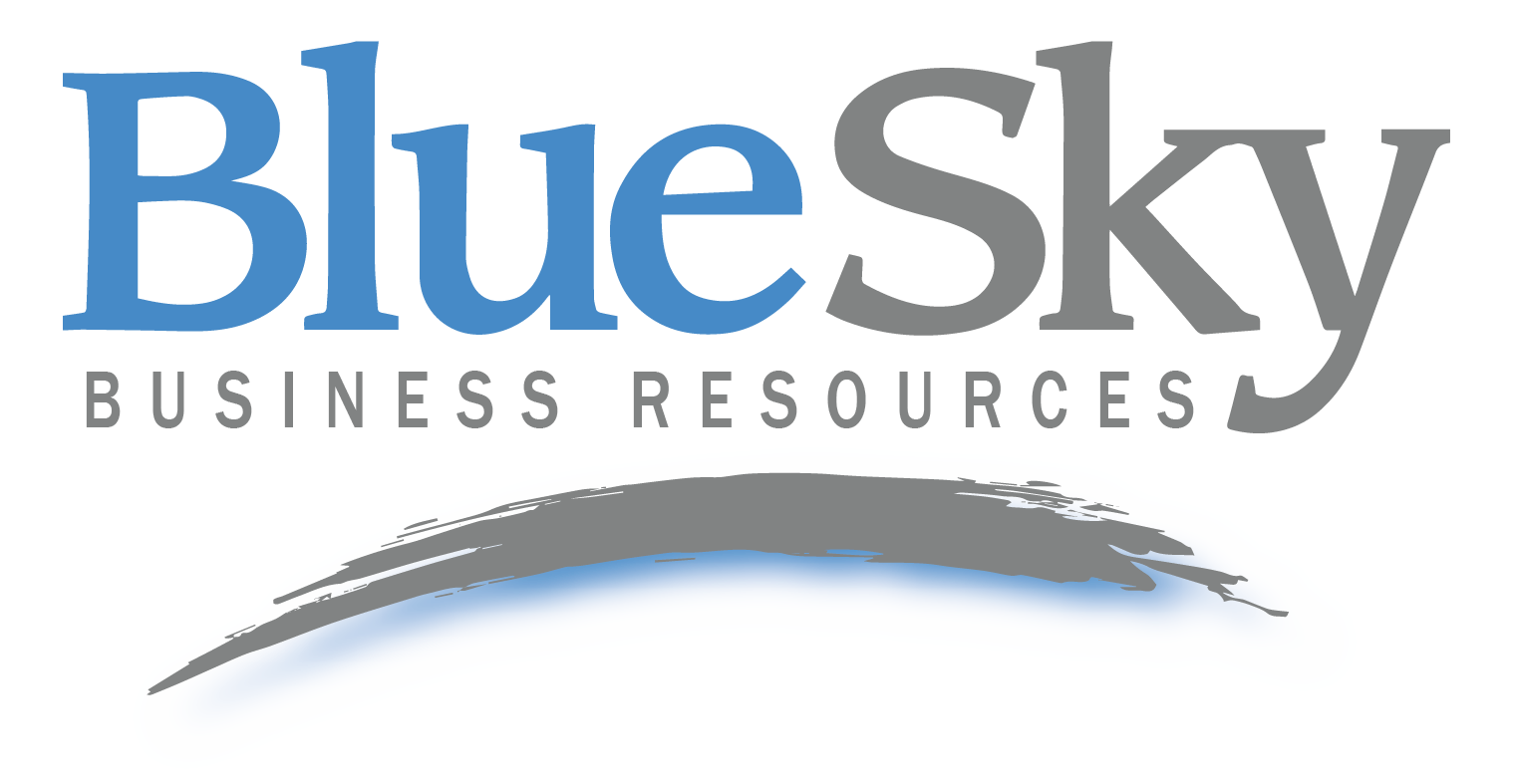

0 comments
Leave a comment
Please log in or register to post a comment